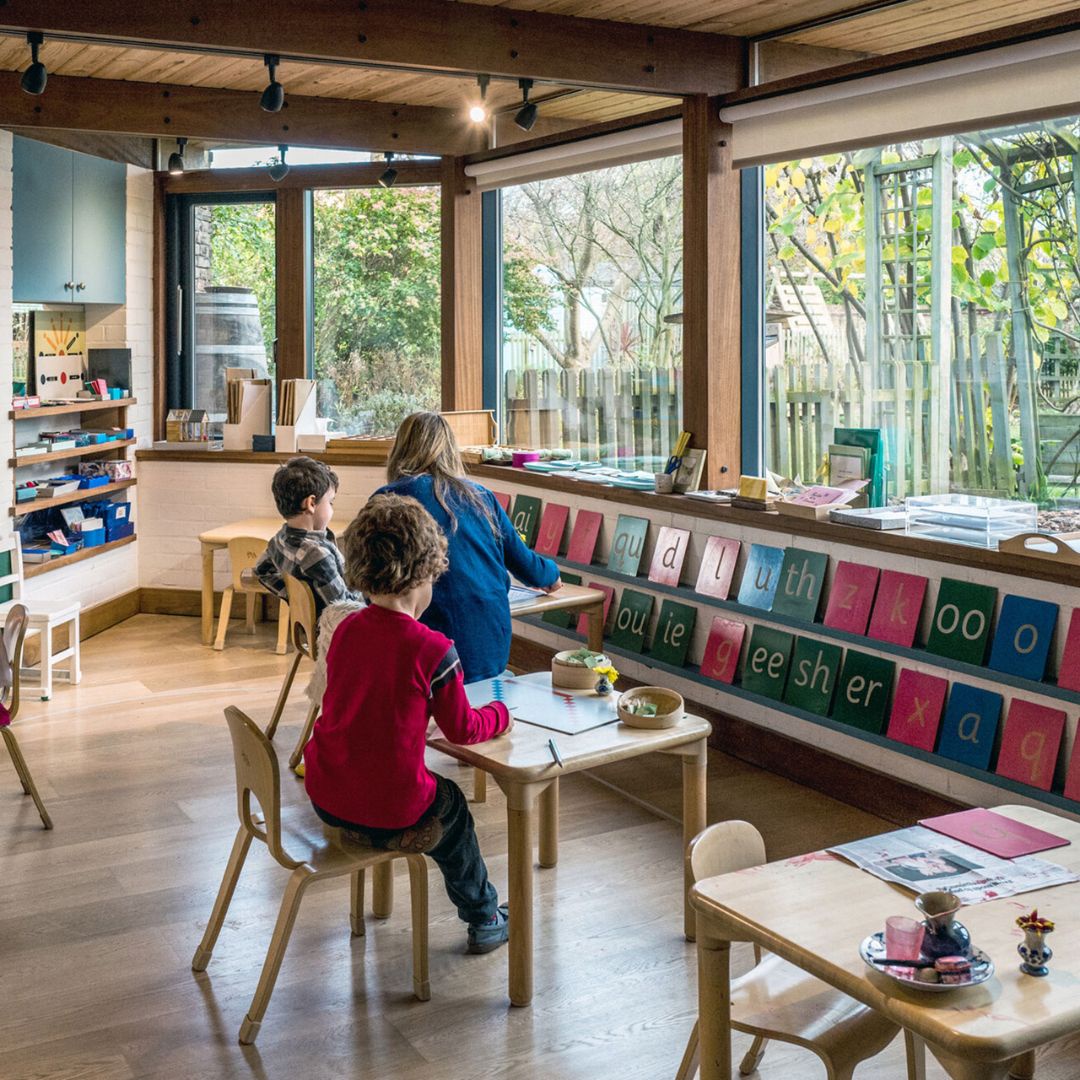How to Choose to Best Montessori School
Choosing the right school for your children can seem overwhelming, especially with so many different options available. But when it comes to education, Montessori schools have become increasingly popular in recent years due to their emphasis on independence and self-paced learning. So if you’re considering enrolling your child in a Montessori school, what should you look for? In this blog article, we’ll explore some of the key factors to consider when choosing the best Montessori school for your child. From quality teachers and materials to safety procedures and more, we’ll cover all you need to know to make an informed decision.
What is Montessori?
Montessori is a type of educational approach that emphasizes hands-on learning and independent exploration. In Montessori classrooms, students are free to move around and choose their own activities, while teachers provide guidance and support.
The Montessori method was developed by Italian physician and educator Maria Montessori in the early 1900s. It is based on her observation that children have a natural desire to learn. The Montessori approach has been used in schools all over the world, and has been shown to be effective in promoting academic, social, and emotional development in young children.
What to Look for in a Good Montessori School
When looking for a Montessori school, there are several factors you should take into account. Here are some things to look for in a good Montessori school:
1. The school should be accredited by the Montessori Accreditation Council for Teacher Education (MACTE). This ensures that the teachers at the school have undergone proper training and are qualified to teach using the Montessori method.
2. The school should have experienced and well-qualified teachers. The teachers should be able to create a positive learning environment for students and provide them with individualized attention.
3. The school should offer a curriculum that is based on the Montessori philosophy and method. This means that the curriculum should be designed to promote independence, critical thinking, and hands-on learning.
4. The school should have well-maintained facilities and materials that are appropriate for use in a Montessori classroom. The materials should be designed to engage and stimulate students' senses while promoting learning.
5. The school should have a supportive and involved parent community. This can help create a positive learning environment for students and provide additional resources and support for the school.
The Different Types of Montessori Schools
The Different Types of Montessori Schools
When it comes to choosing a Montessori school for your child, it is important to understand the different types of schools that are available. Here is a look at the three main types of Montessori schools:
1. Traditional Montessori Schools
Traditional Montessori schools follow the educational philosophy and methods developed by Dr. Maria Montessori. These schools typically offer classes for children aged 3 to 6 years old, although some also offer programs for older children.
2. Public Montessori Schools
Public Montessori schools are funded by local governments and are open to all children in the community, regardless of their family's income level. These schools must adhere to state and federal regulations, as well as the guidelines set forth by the American Montessori Society.
3. Private Montessori Schools
Private Montessori schools are not funded by the government and typically charge tuition fees. Some private schools may offer scholarships or financial aid to families who demonstrate need. These schools often have more flexibility when it comes to curriculum and teaching methods, but they must still meet accreditation standards set by the American Montessori Society.
Pros and Cons of Montessori Schools
When it comes to finding the best school for your child, there are a lot of things to consider. But one important factor is whether or not the school uses the Montessori method. Here are some pros and cons of Montessori schools to help you make your decision:
Pros:
1. Montessori schools use an individualized approach to learning, which means that each child is able to progress at his or her own pace.
2. The Montessori method emphasizes hands-on learning, which can be beneficial for children who learn best by doing.
3. Montessori schools typically have small class sizes, which allows for more individualized attention from teachers.
Cons:
1. Because the Montessori method is relatively new, there are not as many schools that use it compared to traditional educational models. This can make it difficult to find a Montessori school in your area.
2. The individualized approach to learning can be beneficial for some children, but others may prefer a more structured environment where they are following along with their classmates at the same pace.
How to Choose the Right Montessori School for Your Child
There are a few key things to look for when choosing the right Montessori school for your child. First, you want to make sure the school is accredited by the Montessori Accreditation Council for Teacher Education (MACTE). This ensures that the teachers at the school have received proper training in the Montessori Method.
Next, you'll want to take a tour of the school and observe a class in session. This will give you a good sense of whether or not the environment is conducive to learning and if the teachers seem engaged with their students.
Finally, you'll want to ask about the curriculum and how it is tailored to meet each child's individual needs. A good Montessori school will have a flexible curriculum that can be adjusted as needed to help each child reach his or her full potential.
Conclusion
Selecting the best Montessori school for your child is a big decision and one that should not be taken lightly. It's important to carefully research each school you're considering and ensure that it meets your individual needs as well as those of your child. By taking into account factors such as class size, teacher credentials, curriculum focus, and cost, you can make an informed decision on which Montessori school will provide the best start for your infant or toddler.


No comments yet